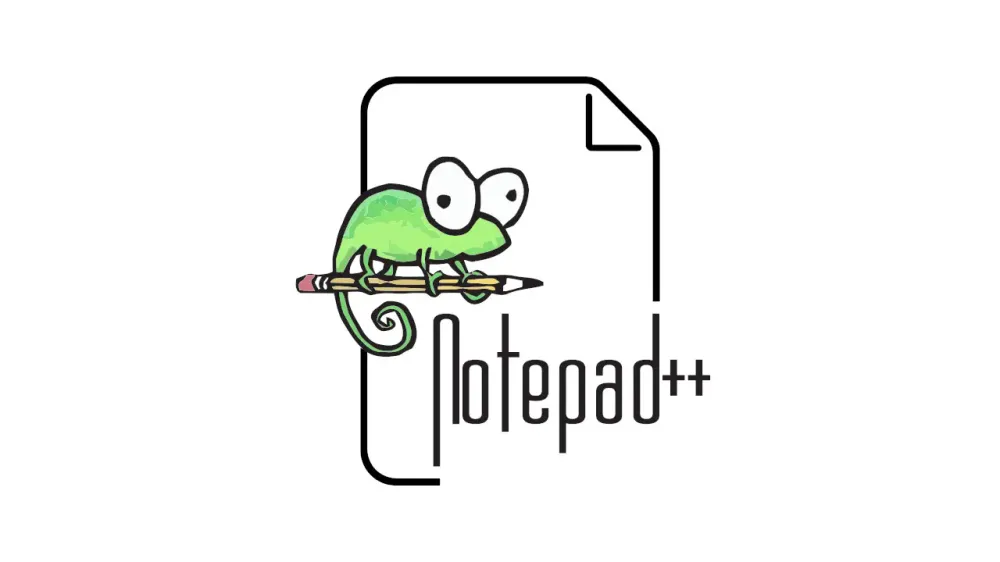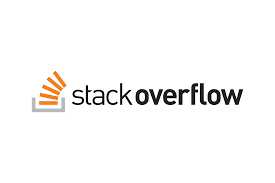Sputnik beeped in 1957 and we freaked out. The scramble produced ARPANET, TCP/IP, and the modern Internet, a Cold War overreaction that somehow led to cat memes.
Popular
A practical, no-nonsense breakdown of what a VPN actually does to your internet traffic, how it tunnels, encrypts, and reroutes your data, and what privacy it truly delivers.
/dev/null digest - Tech Humor, Satire, and Commentary for Developers
Become an Author
Have something insightful, funny, or thought-provoking to share? Join our community of writers and publish your own articles.
Community
Engage with like-minded developers, share experiences, and contribute to discussions about whatever.
Contact Us
Have questions or feedback? Reach out to us—we’d love to hear from you!
This site and its community are designed for entertainment and engagement. While we strive for accuracy in our content, occasional errors may occur, and community contributions reflect individual opinions, not the views of the site. If you have inquiries, wish to rectify misinformation, or seek clarification about our community, feel free to Contact Us.









